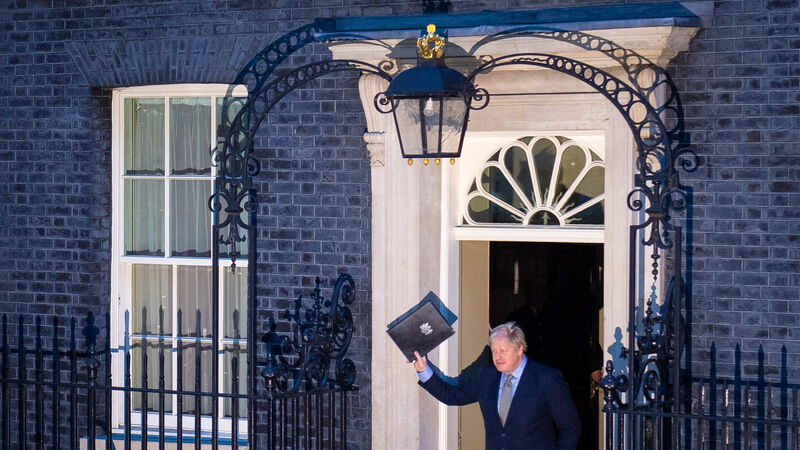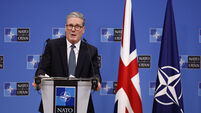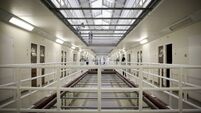Boris is departing but the threat to Irish businesses remain

Economists also warn over forecasts that show the British economy will flirt with recession next year, potentially harming a host of Irish small firms, including agri-food exporters, who sell their goods and services across the Irish Sea.
The British economy faces enormous challenges, and fixing the costly row over the Northern Ireland Protocol still depends on who takes over from Boris Johnson, Irish business leaders and experts have warned.
Economists also warn over forecasts that show the British economy will flirt with recession next year, potentially harming a host of Irish small firms, including agri-food exporters, who sell their goods and services across the Irish Sea.














